A business plan is an overview of what your business is about and explains how you plan to make it a success.
Why should you write a business plan?
A good business plan will help you explain to others, and yourself, how your business works and how it will make money. Amongst other things writing a business plan can:
Make sure you understand your business, the process of writing a business plan will make you think about how you want to run your business now and in the future. It can also be a useful process to ensure you are pricing your products and services correctly and that you can run your business sustainably
Help investors and lenders understand your business and allow you to access funding
Help you to sell your business to future employees and business partners
As a small business owner a business plan is a key tool so writing one and keeping it up to date will be a valuable investment of your time.
Top tips for a successful business plan:
Be specific: A business plan isn’t only about selling your vision, you’ll need to dig deeper and provide evidence of how you will deliver your plan and reach your goals. You will need to show you know your business, your market and your customers. Including relevant statistics, research and customer testimonials are just some of the ways to help you do this.
Be clear and concise: Focus on what the reader needs to know. It can be tempting to include every single detail of your business but remember lenders, investors and potential partners have limited time and only need enough information to be confident when working with you. Also don’t forget, not everyone who reads your business plan will be an expert in your field so make sure you explain any technical terms.
Know your financials: Robust financials that show how you will make money are essential, particularly if you intend to use your business plan to secure funding. You will need to be able to answer confidently any questions about any assumptions you have made in your forecasts and pricing.
Be realistic: It might be tempting to overestimate sales or exaggerate cost reductions you think you can achieve but people reading your plan will often see through these and it could lead to a cash flow crisis in future.
Make it professional: To show you take your business seriously make sure your business plan is well presented by adding a cover, structuring into sections and making sure there are no spelling mistakes.
Be honest about any risks you face: For a business plan to be useful you should include any key risks and explain how you plan to overcome them.
How to write a business plan for your small business
Creating a strong business plan is a worthwhile investment for all businesses. Even if you don’t immediately share it with anyone you can use it to set your business on the path to success by setting yourself clear objectives and it can help you spot opportunities or gaps in your planning early. It is also essential for raising finance and will be key when selling your business to new business partners, distributors or agents.
It can be difficult to know where to start when writing a business plan. Whilst your business plan can include any information you think is relevant to explain your business and why it will be sustainable, here are some key sections that you should make sure you cover:
Your business and key objectives:
Start by showing your passion for your business. Give a clear and concise overview of your business and the products or services you provide. You should look back on how you started and any key successes so far but also give an overview of your future short and long term goals. If you are using your business plan to secure funding you should also explain upfront what you will use that funding to achieve
Don’t forget that this will be read by people who might not be experts in your field so try to avoid jargon and explain any key words.
Your target customers, market and key competition:
Show that you understand the market you operate in and describe your customer segment. When reading this people will want to understand how you identify your customer, how you know there is a market for your product or service and what makes you different from your key competitors.
Your sales and marketing plan:
This is all about how you plan to sell your product or service to your customers. Provide information about how you will spread the word to potential customers, any branding you have and how you will price and distribute your product or service.
Management structure and experience:
This is your opportunity to explain the reason why you, and anyone you partner or work with have the right skills and experience to deliver the successful business you have described in the previous sections.
If you know you have any key skills gaps you should explain how you plan to fill them temporarily or long term.
Your business operations:
This section will vary quite a lot depending on the type of business. You should demonstrate that you can deliver the product or service you’re promising. You don’t need to detail everything about your operations but this might include an overview of:
Any premises, staff or equipment you deem essential
The key processes used in production
How you will distribute your product
Any tax or regulations that will be important to your business
In this section you can also include any risks you have identified and how you plan to manage them
Financial forecasts:
There are 3 important parts to your Financial forecasts:
Past performance: Depending on how new your business is you’ll want to show how your business has performed in the last 3-5 years. You could think of including a breakdown of your sales and profit margins as well as profit and loss and balance sheet views of your business.
Forecast: How do you expect your business to perform based on the plan you’ve described. You might also want to consider showing different scenarios and what the outcomes for your business will be.
Cash flow forecast: This tells people how much cash your business has and will help identify at what point in the future you might need any additional funding.
It’s important to be realistic about your financials and clearly state any assumptions you have made





